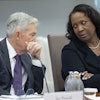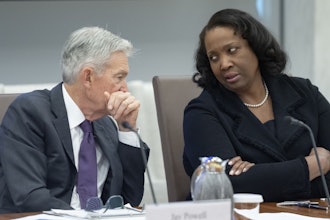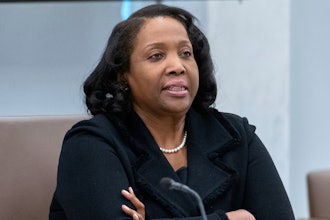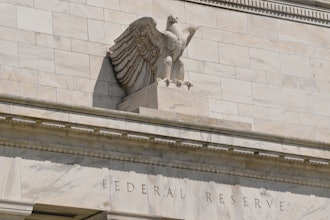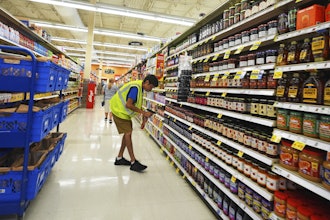WASHINGTON, August 22, 2012 – The National Retail Federation said the Securities and Exchange Commission had responded to some retail industry concerns about new regulations requiring publicly traded companies to determine whether their products contain “conflict” minerals from the Democratic Republic of the Congo but that it was too soon to determine the full impact of the regulations on retailers.
“These regulations limit the impact on retailers compared with what was originally proposed but there are some gray areas and we are still assessing what will actually be required,” NRF Vice President for Supply Chain and Customs Policy Jonathan Gold said. “It’s very important that a distinction be made between a retailer who is acting as a manufacturer and has control over what is in a product and the vast majority who do not. While retailers abhor the violence in the Congo, compliance with these regulations could still be extremely difficult and there is considerable debate on whether filing reports with the SEC will make any difference.”
The SEC voted 3-2 this morning to approve the regulations, which will apply not only to manufactures but also to retailers considered to be “contracting to manufacture” private-label merchandise. A retailer simply placing its brand on a generic product would not be covered, but those that have “some actual influence over the manufacturing of that product” would be covered. Retailers selling only third-party merchandise under the product’s own brand rather than the store’s brand are not affected.
NRF sought a three-year delay before the regulations take effect, and also that the SEC set a “de minimis” level below which products would not be covered. The SEC agreed to delay implementation until May 2014 but did not adopt a de minimis level.
The regulations cover products ranging from jewelry to electronics that are made using gold, tin, tungsten and tantalum from the eastern region of the DRC or surrounding areas. NRF has argued that it is difficult for retailers to know the source of the metals in products they sell.
As the world’s largest retail trade association and the voice of retail worldwide, NRF represents retailers of all types and sizes, including chain restaurants and industry partners, from the United States and more than 45 countries abroad. Retailers operate more than 3.6 million U.S. establishments that support one in four U.S. jobs – 42 million working Americans. Contributing $2.5 trillion to annual GDP, retail is a daily barometer for the nation’s economy. NRF’s Retail Means Jobs campaign emphasizes the economic importance of retail and encourages policymakers to support a Jobs, Innovation and Consumer Value Agenda aimed at boosting economic growth and job creation. www.nrf.com
NRF Assessing Impact Of Conflict Minerals Regulations
The Securities and Exchange Commission had responded to some retail industry concerns about new regulations requiring publicly traded companies to determine whether their products contain “conflict” minerals from the Democratic Republic of the Congo, but it is too soon to determine the full impact of the regulations on retailers.
Aug 23, 2012
Latest in Economy
Democrats Plan to Force Senate Vote on Trump's Tariffs on Canada, Brazil
September 16, 2025
U.S. Among Top 3 Markets Manufacturers Are Leaving
September 16, 2025



